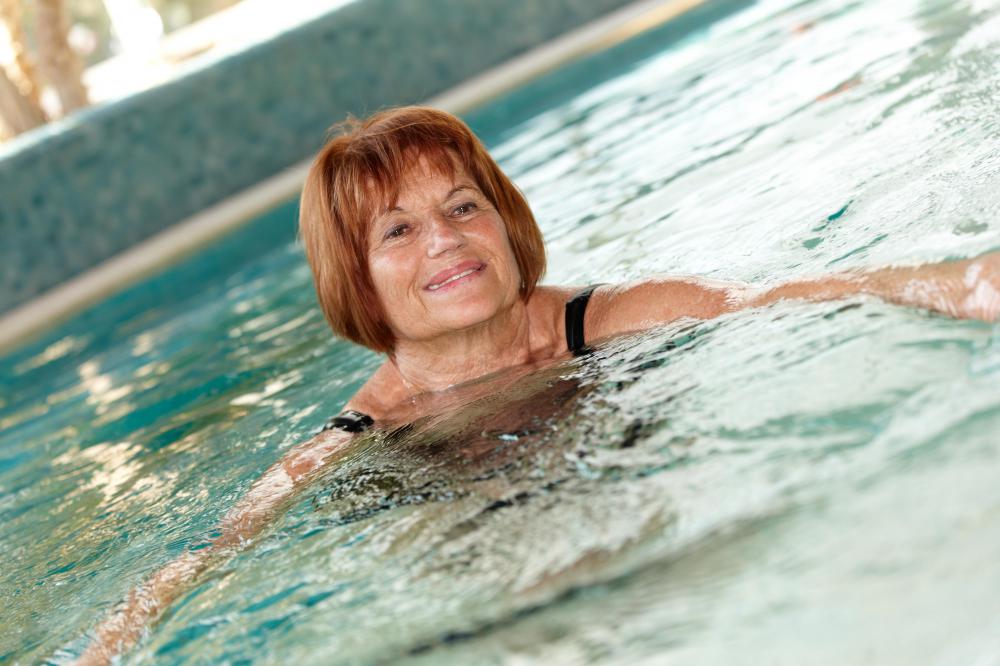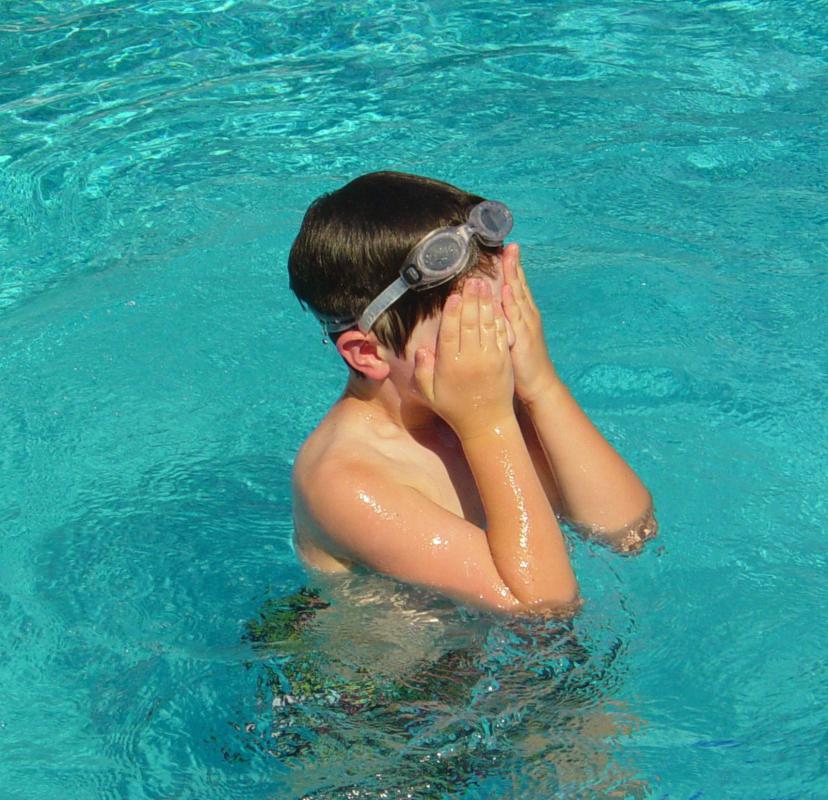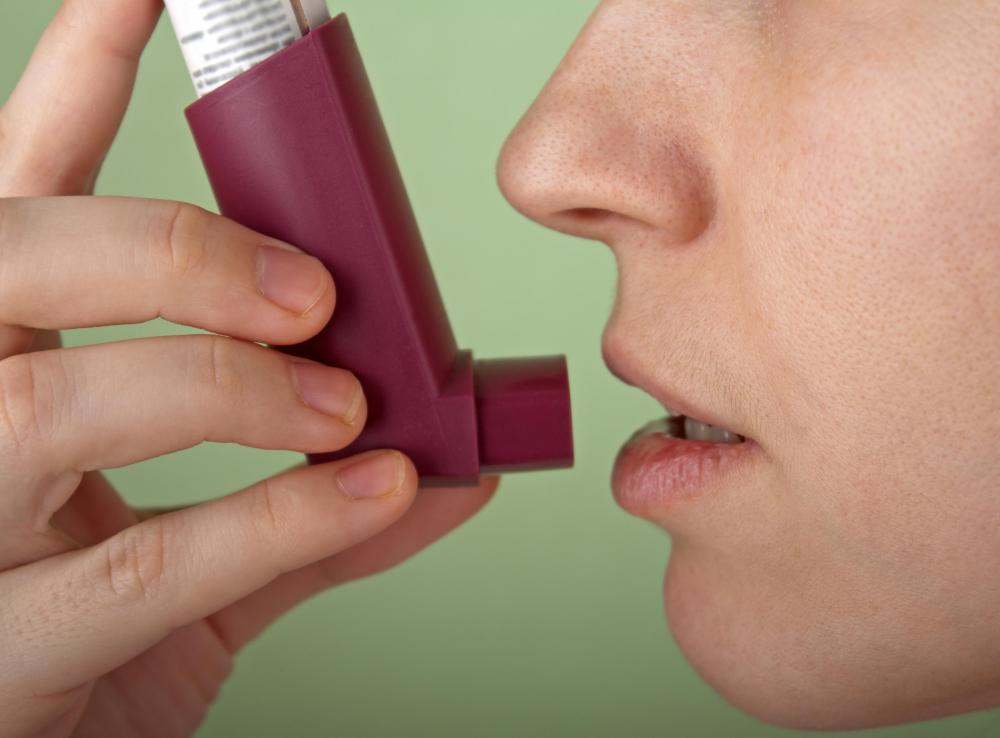At HomeQuestionsAnswered, we're committed to delivering accurate, trustworthy information. Our expert-authored content is rigorously fact-checked and sourced from credible authorities. Discover how we uphold the highest standards in providing you with reliable knowledge.
What is Granular Chlorine?
Granular chlorine, also known as calcium hypochlorite, is a type of dry chlorine primarily used to clean swimming pools. It is one of two forms of solid chlorine, with the other form of solid chlorine being chlorine tablets. It is mainly used to disinfect or remove germs from swimming pools, as it dissolves very quickly when added to water.
There are three different types of granular chlorine: di-chlor, lithium hypochlorite, and calcium hypochlorite. Di-chlor has 62% available chlorine and contains cyanuric acid, which gives it a longer shelf life than other forms of granular chlorine. Di-chlor can be used for general sanitation or shock treatment. To shock a pool, large amounts of chlorine are added to the water to immediately kill all forms of bacteria, including algae. It is also done to nullify chemicals such as ammonia and nitrogen.

Lithium hypochlorite has only 35% chlorine available, so more lithium hypochlorite is needed to keep pools clean compared to di-chlor. Lithium hypochlorite has a high pH level, so an acid will need to be added to it before each use. Benefits of using lithium hypochlorite include that it is non-flammable, free of calcium and dissolves very fast.
Calcium hypochlorite has a ratio of 65% available chlorine, which is the highest level available, but it is very unstable. Despite the instability of calcium hypochlorite, it is one of the most popular types of granular chlorine. Reasons for its popularity include its low cost, its effectiveness at killing algae and, its ability to dissolve quickly. It comes in a range of granule sizes from very fine, like powder, to thicker granules, which causes it to dissolve more slowly.

A number of safety precautions are required with the use of calcium hypochlorite. It is important to dissolve calcium hypochlorite in water before adding it to a pool. Calcium hypochlorite is very dusty, regardless of the size of the granules. The dust should not be breathed in when using it.
When storing granular chlorine, it should be kept it in its original container and stored in a cool, dry place. It becomes contaminated very easily when exposed to different environments, so be sure to keep exposure down to a minimum. All types of granular chlorine should be kept out of the reach of pets and children.
AS FEATURED ON:
AS FEATURED ON:















Discussion Comments
I need a chemical to clear my beach house of sea water.
Post your comments